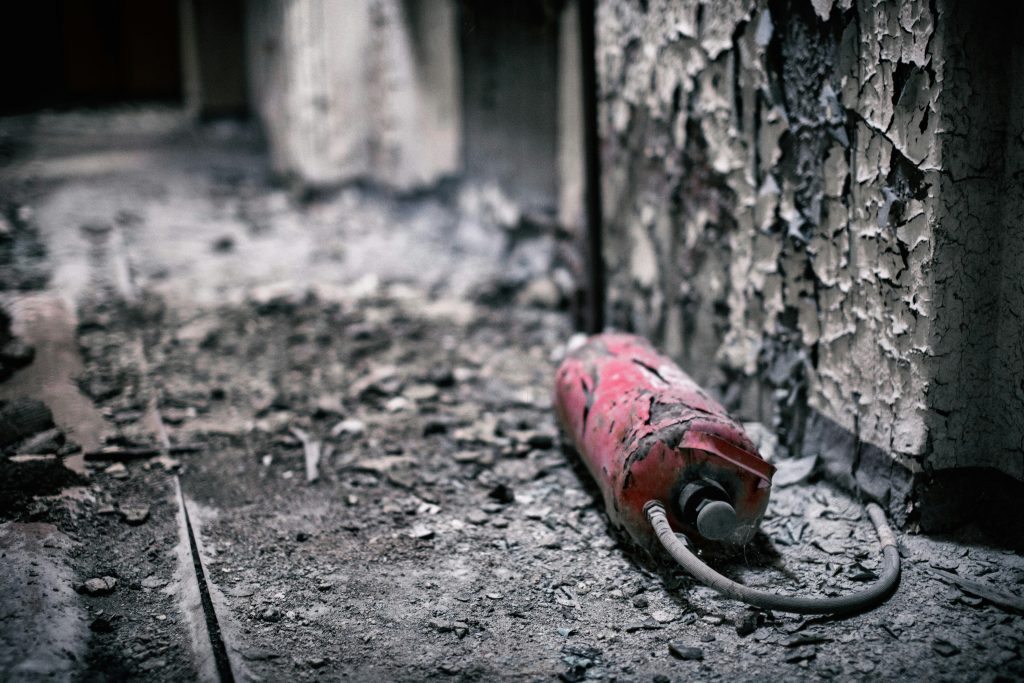
Serein Inclusion Team
3 min read
What we see online often plays a key role in breaking the mould of stereotypes. TV Shows have pushed forth in this domain, be it through the Chess masterpiece in the Queen’s Gambit or the Urdu dramedy in Chudails.
Trust is about confidence in others; psychological safety is about confidence in being yourself. Together, they shape open, resilient teams where people thrive.
Psychological safety is key for an essential workplace. According to Timothy R Clark's work, it is of four types: Inclusion, Learner, Contributer and Challenger safety.
- All
- People and culture
- Domestic violence
- Life at Serein
Any employee (contract/trainee/intern) experiencing harassment - including witnesses suffering retaliation for supporting complaints.
This for that harassment: Employment benefits/detriments explicitly/implicitly tied to sexual favours - among PoSH's most severe forms.
Statutory body under Section 4: Minimum 4 members (50% women, external chair), tasked with impartial inquiry & policy recommendations.
2013 law mandating safe workplaces via ICs, training & redressal. Covers physical/virtual spaces, all genders (though women-centric in wording).
Includes emails, texts, medical reports, witness testimony, CCTV footage & complainant's account - assessed on "preponderance of probability".
Virtual inquiries require: Secure platforms, verified identities, digital evidence protocols & breaks to prevent "Zoom fatigue" compromising fairness.
Workplaces often overlook emotional wellbeing, yet fostering psychological safety boosts engagement and productivity.
Overcoming self-doubt requires recognising achievements, reframing thoughts and seeking supportive mentorship. This is how:
Marginalised groups face heightened imposter feelings due to systemic biases and lack of representation. How can we combat it?
Women disproportionately experience imposter syndrome, worsened by gender stereotypes and workplace barriers. Here’s why:
Human oversight, diverse training data and ethical frameworks are crucial to prevent AI discrimination. How?
Fear of stigma, career penalties and lack of support deter employees from disclosing disabilities. Can we stop this?
Silence around domestic violence hurts workplaces too. Recognise signs, offer safe support systems & flexible policies to help survivors heal & retain employment.
India’s Domestic Violence Act protects both parties in live-in relationships. Understanding this legal recognition is crucial for safety & seeking rightful recourse.
Cinema often sensationalises domestic violence. Responsible storytelling should highlight realities, survivor strength & pathways to support, not perpetuate myths.
Gaslighting is psychological abuse making victims doubt their reality. Recognise manipulation tactics, trust your instincts & seek support to break free from this.
Women have the right to protection orders, residence, monetary relief & legal aid under India’s Domestic Violence Act. Knowing these enables survivors to be safe.
Consent & boundaries are key. Domestic violence shatters both. Rebuilding starts with respecting autonomy & recognising coercive control as a violation of rights.
A break doesn’t break your career. With patience, purpose, and a little ‘me time,’ a restart can be a reinvention – on your terms, in your time, with confidence.
Career breaks don’t erase capability. With experience, adaptability, and the right support, women returning to work can lead fast, thrive faster and uplift teams too.





















